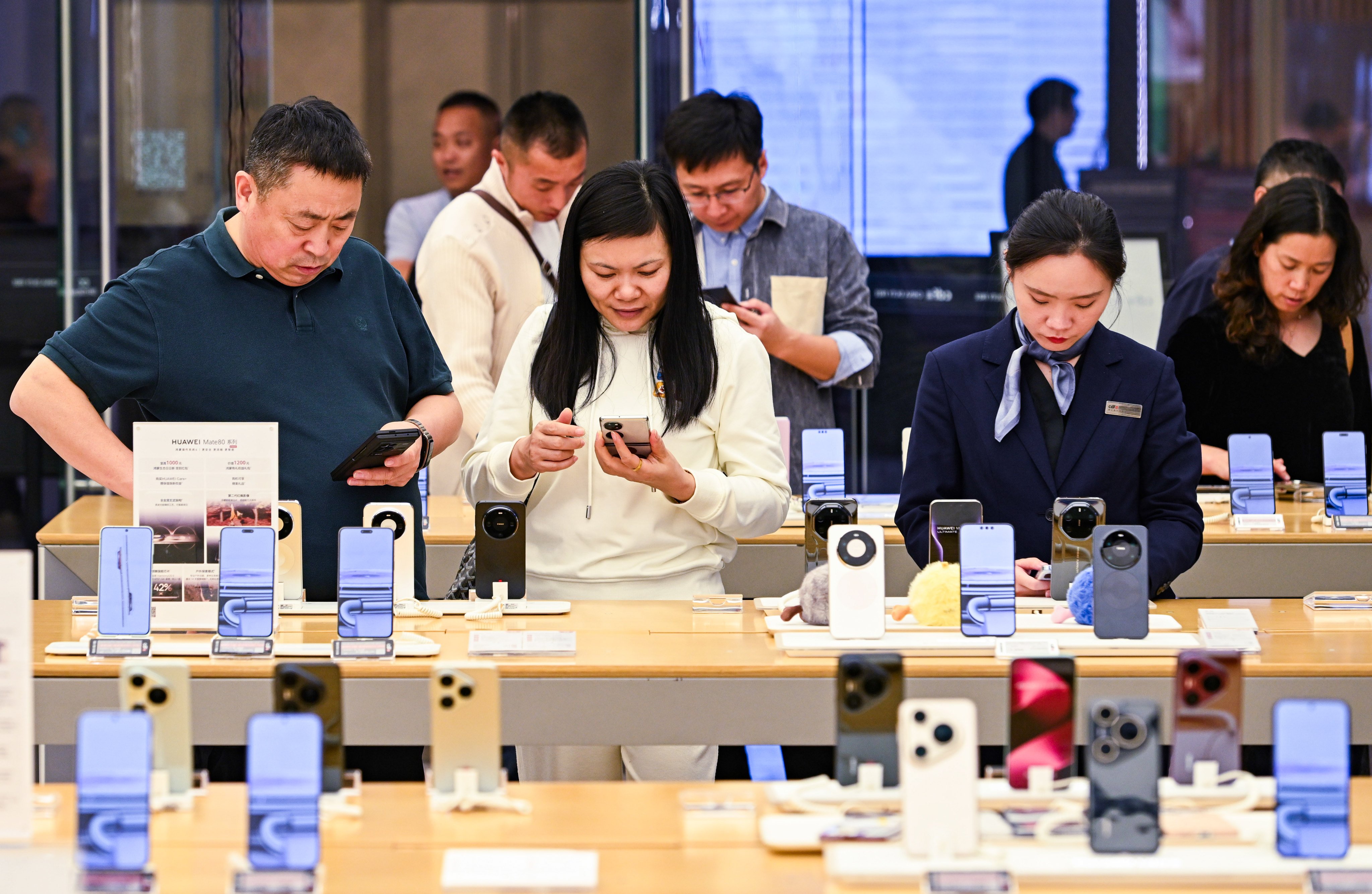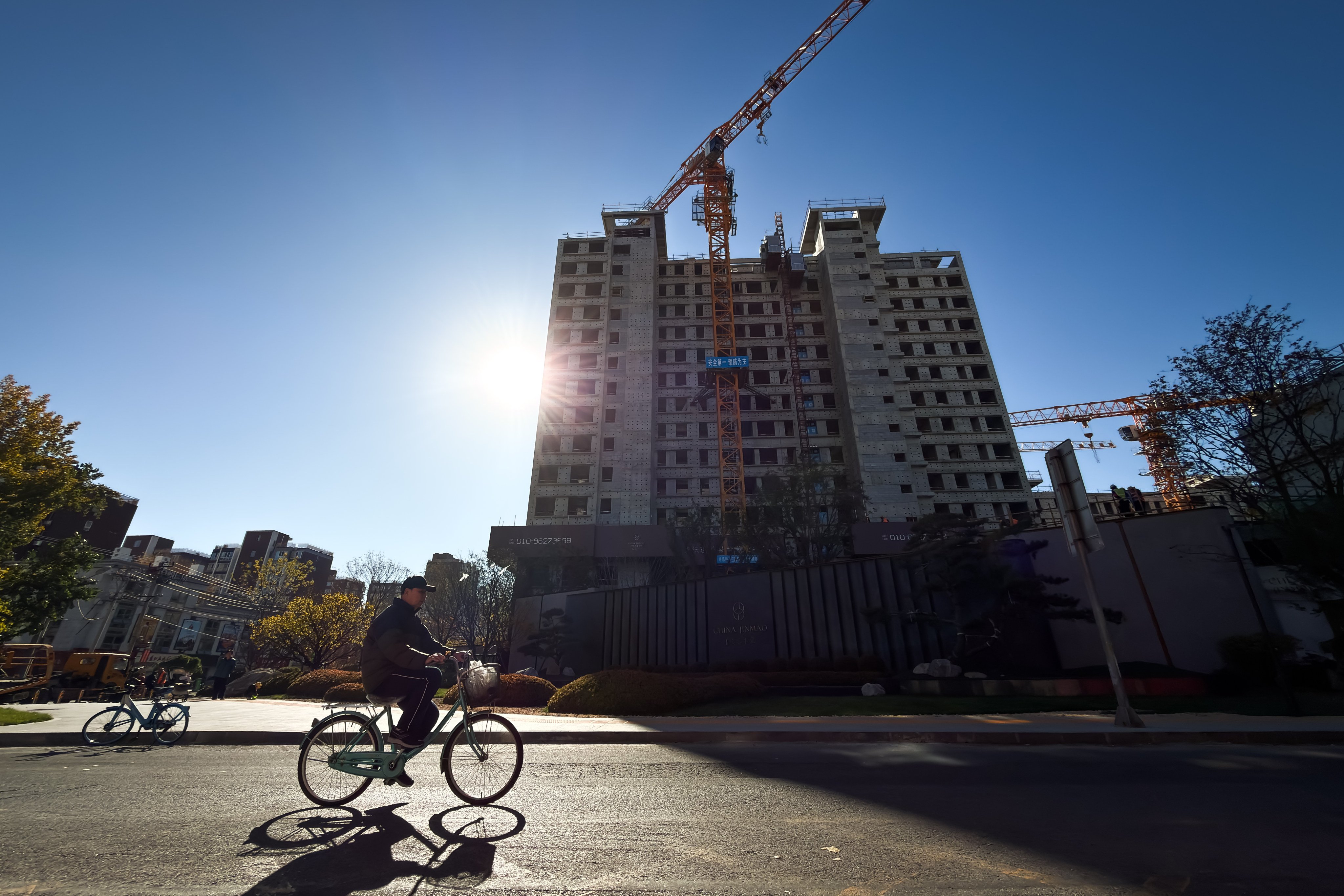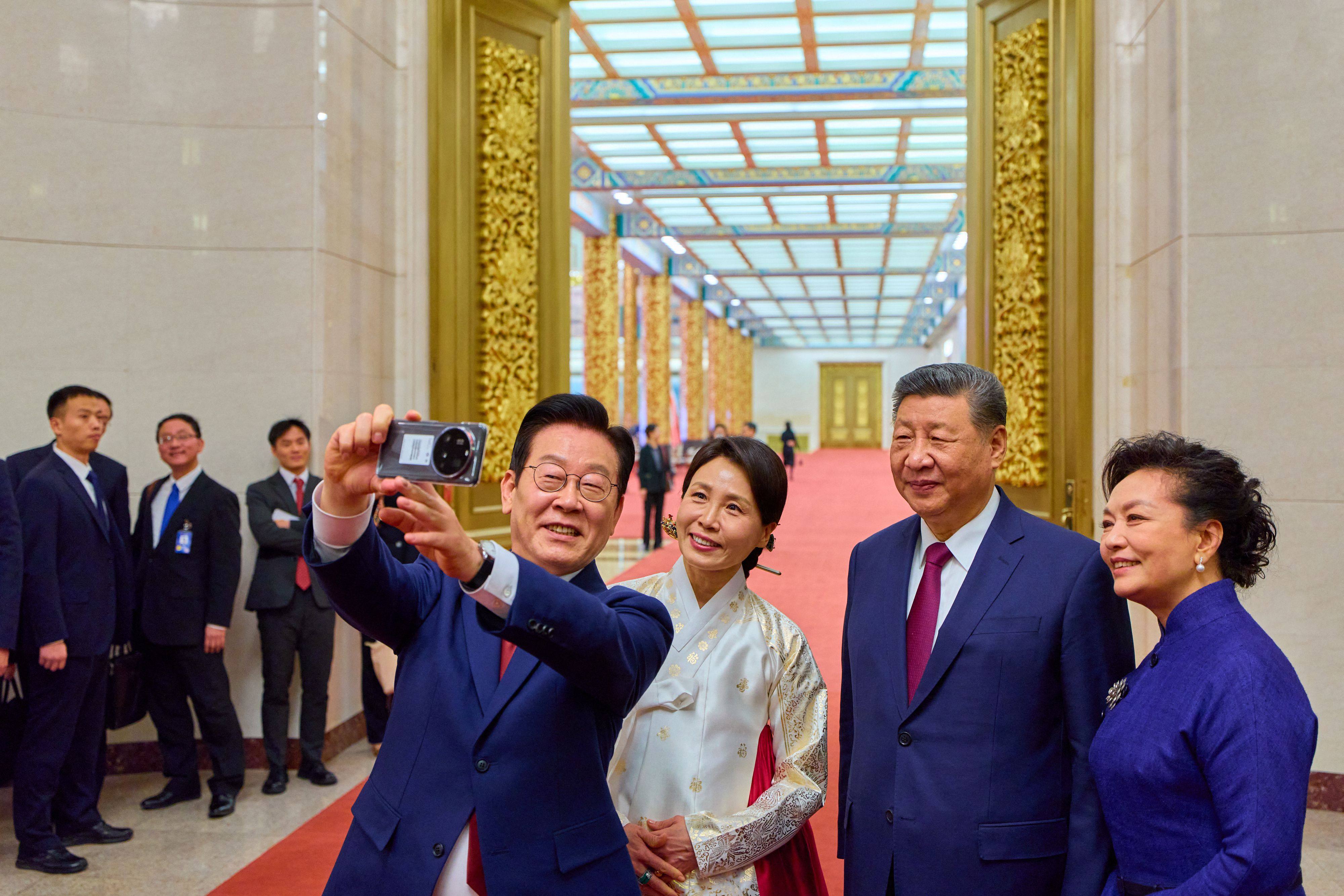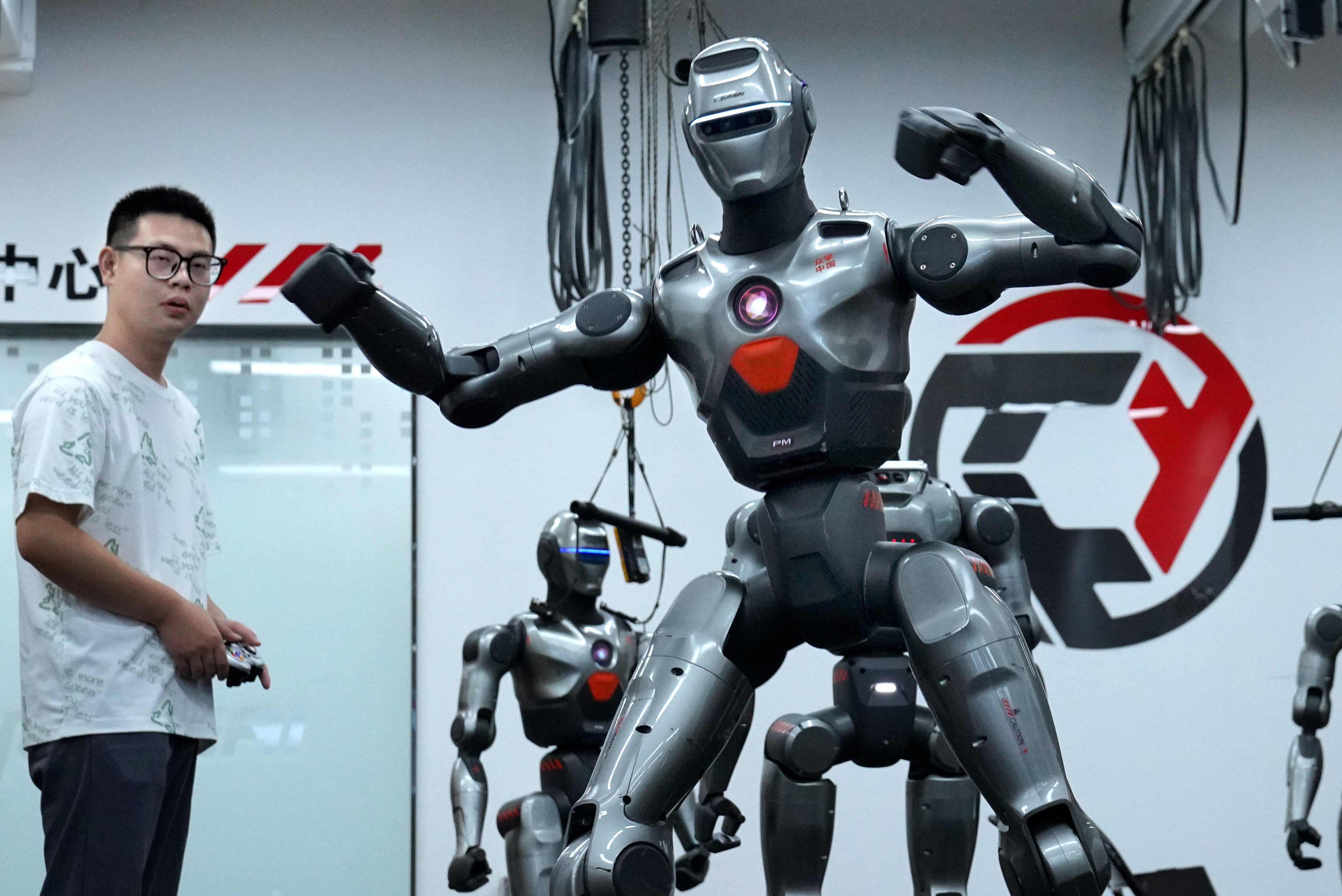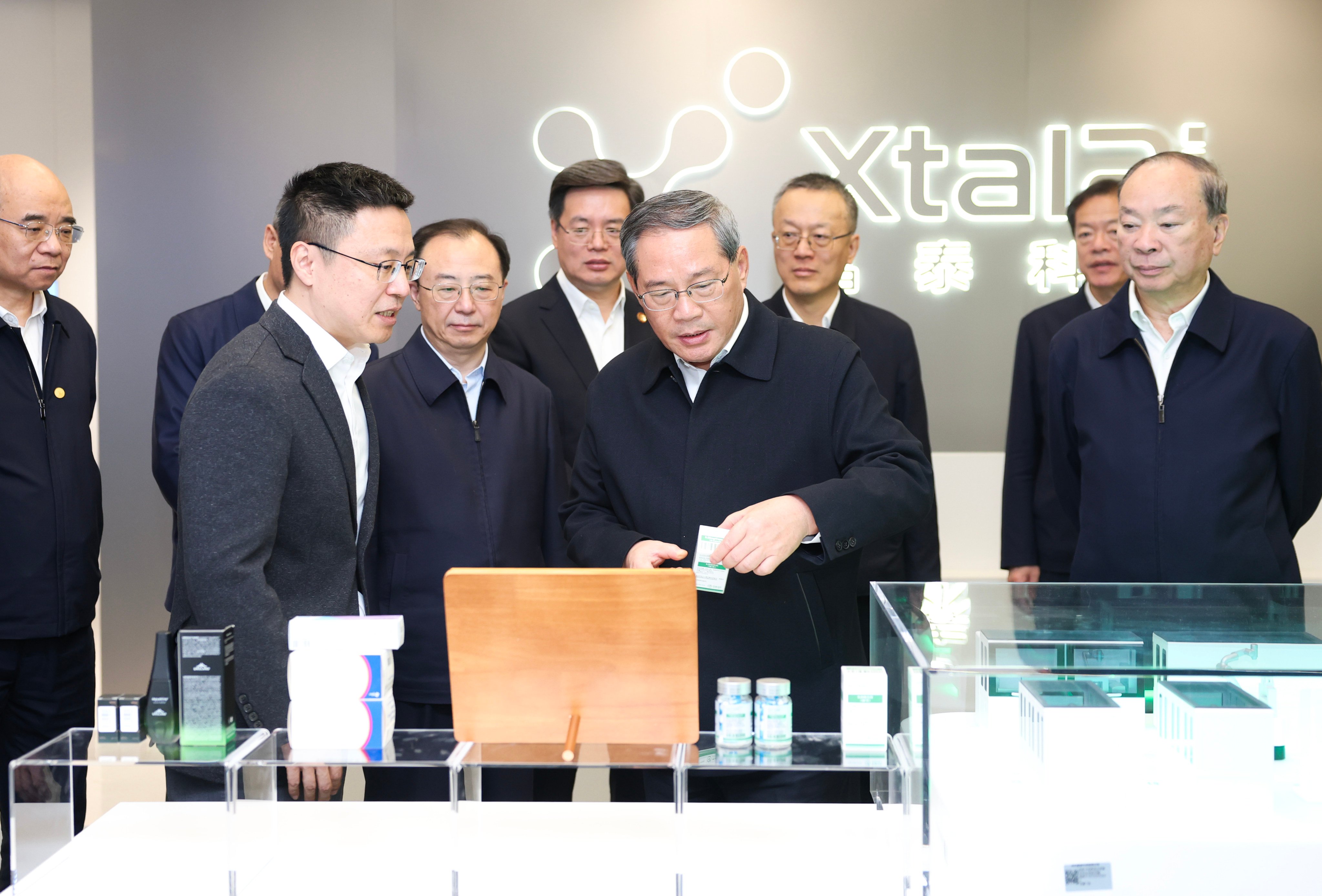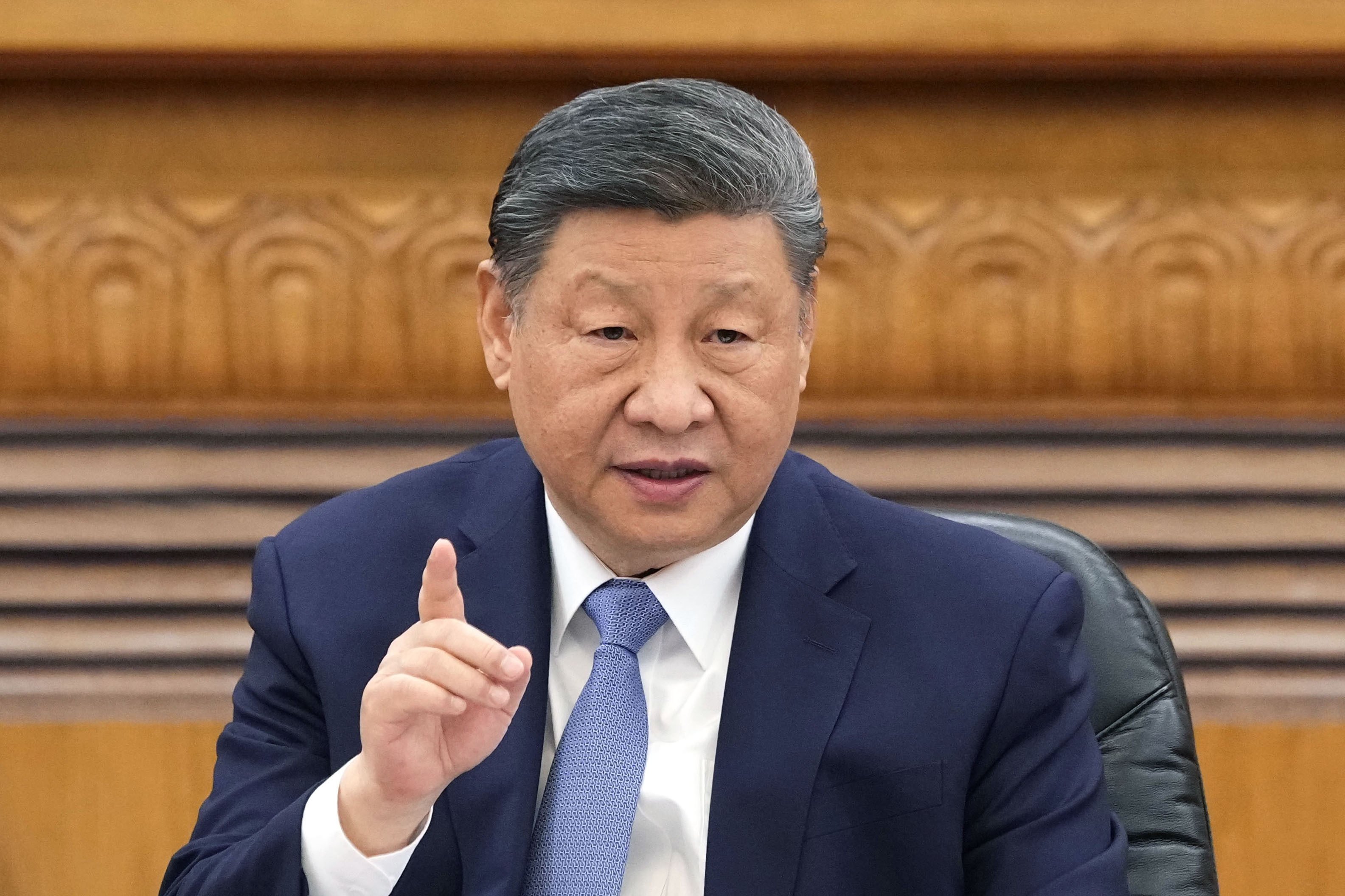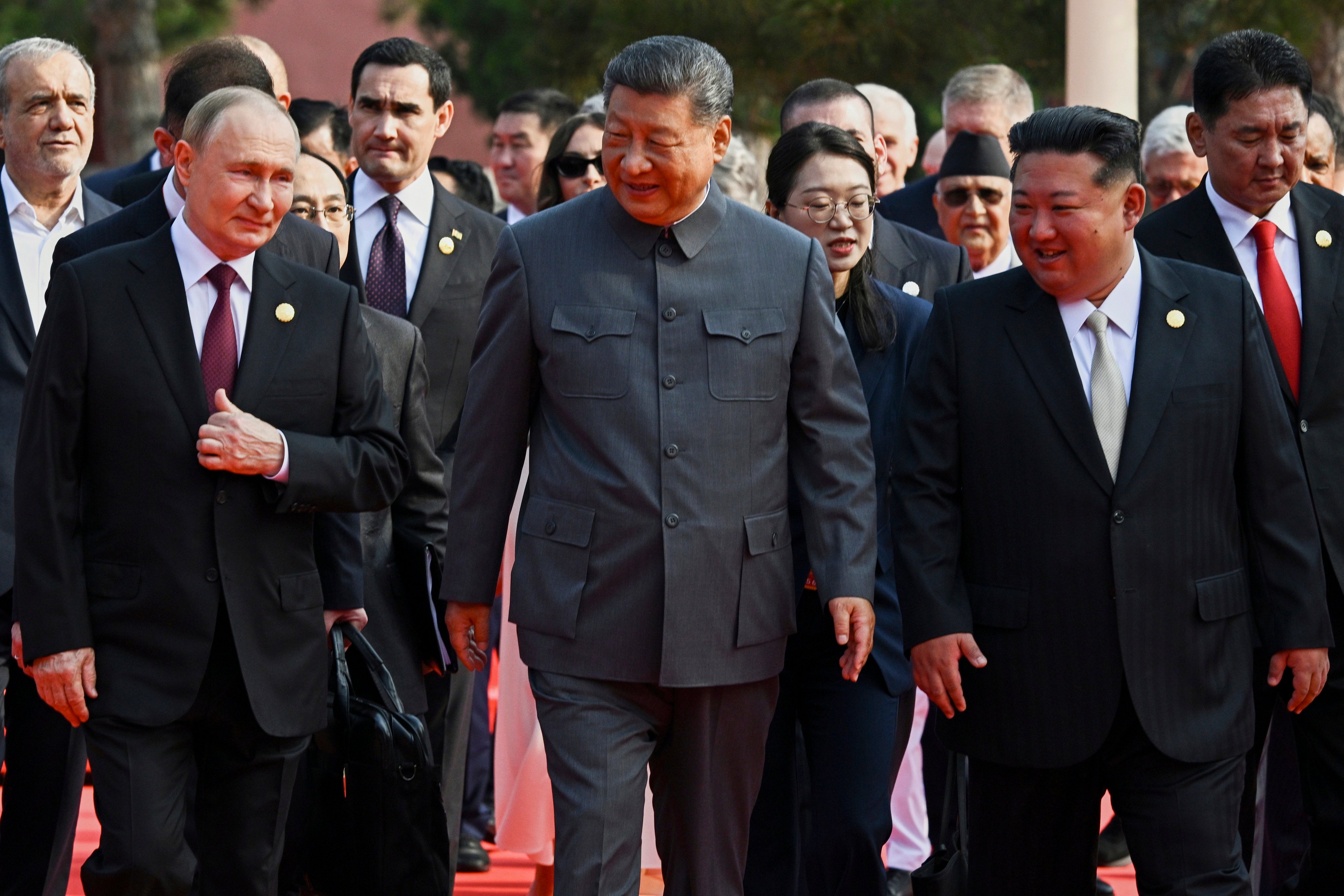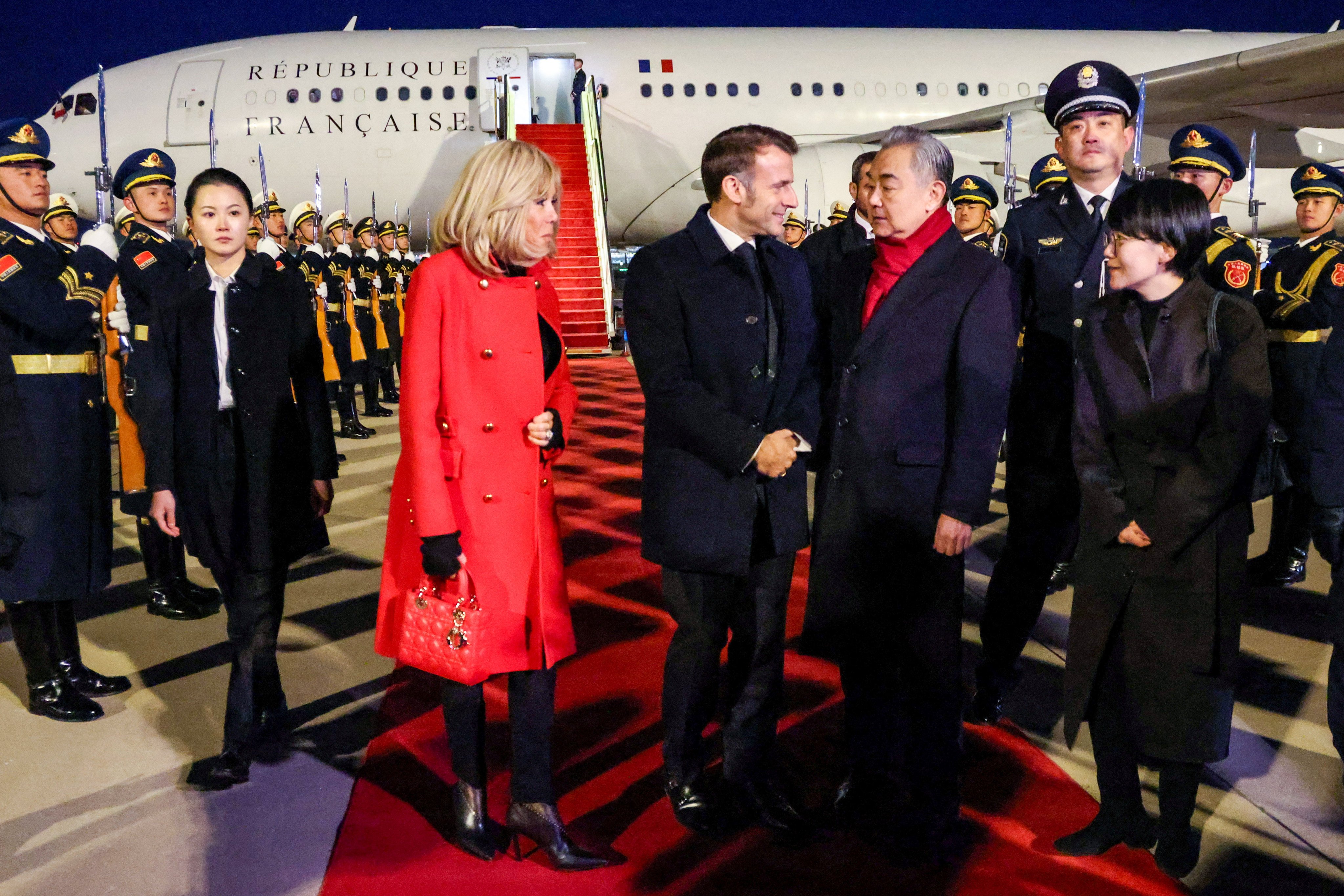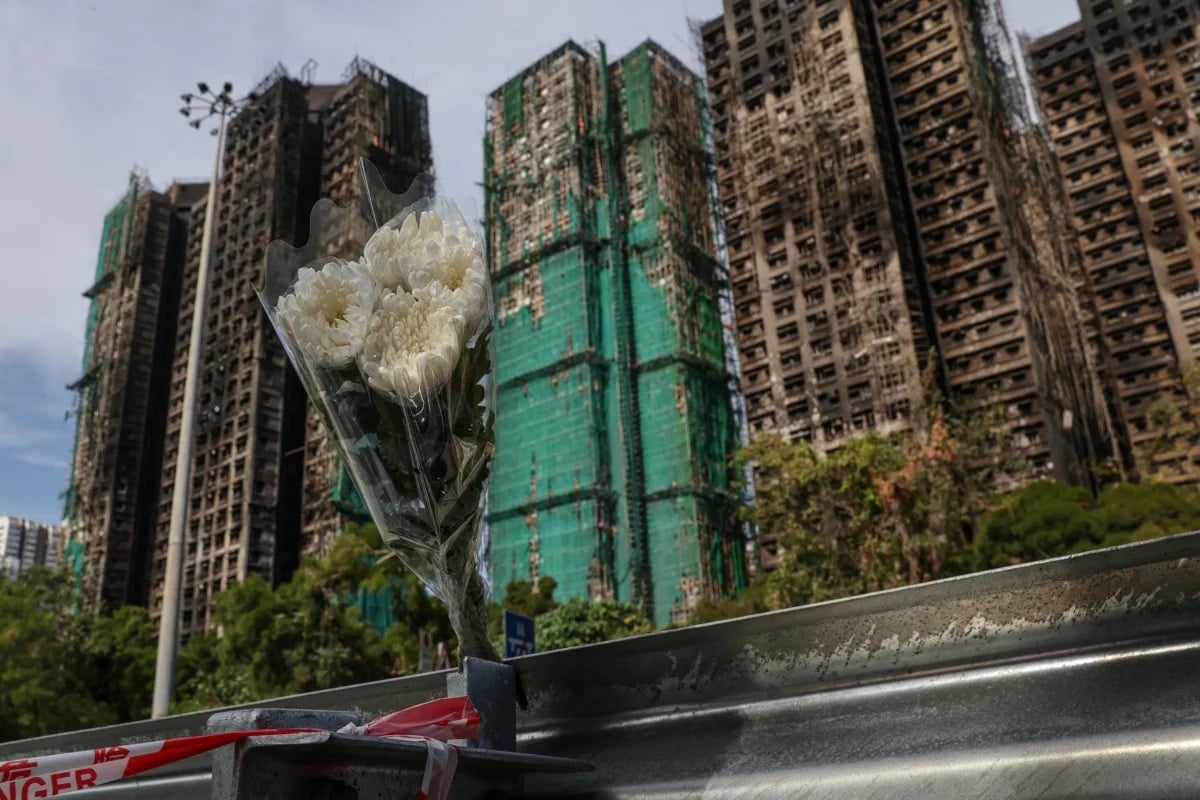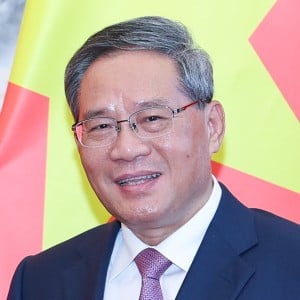
TOPIC
/ people
Li Qiang
Related Topics:

Li Qiang
Li Qiang, born in Wenzhou in 1959, became China's premier in March 2023. Li’s first provincial government job was in the civil affairs department, providing welfare to the rural poor. He was appointed party boss of Wenzhou in 2002 at the age of 43, making him the youngest person to take up that position in more than three decades, and he established himself there as a keen supporter of the city's private sector. He joined Zhejiang’s provincial party committee in 2003, less than a year after Xi took control of it, and was promoted to secretary general in 2004. He was Xi’s secretary until Xi left for Shanghai in 2007. Li became Zhejiang governor at the end of 2012 after Xi took over as Communist Party general secretary. In June 2016 he was named party secretary of Jiangsu province, but just 15 months later was appointed as the party secretary of Shanghai, where he oversaw increased foreign investment in the city, including the construction of Tesla's gigafactory. However, his reputation was stung in 2022 when he was blamed for a two-month Covid-19 lockdown that hurt the city's economy.
Born
23 Jul 1959
Industry
Politics
Job Title
Premier of China
Help preserve 120 years of quality journalism.
SUPPORT NOWAdvertisement
Advertisement
Advertisement
Advertisement
Advertisement
Advertisement
Advertisement
Advertisement
Advertisement
Advertisement
Advertisement
Advertisement
